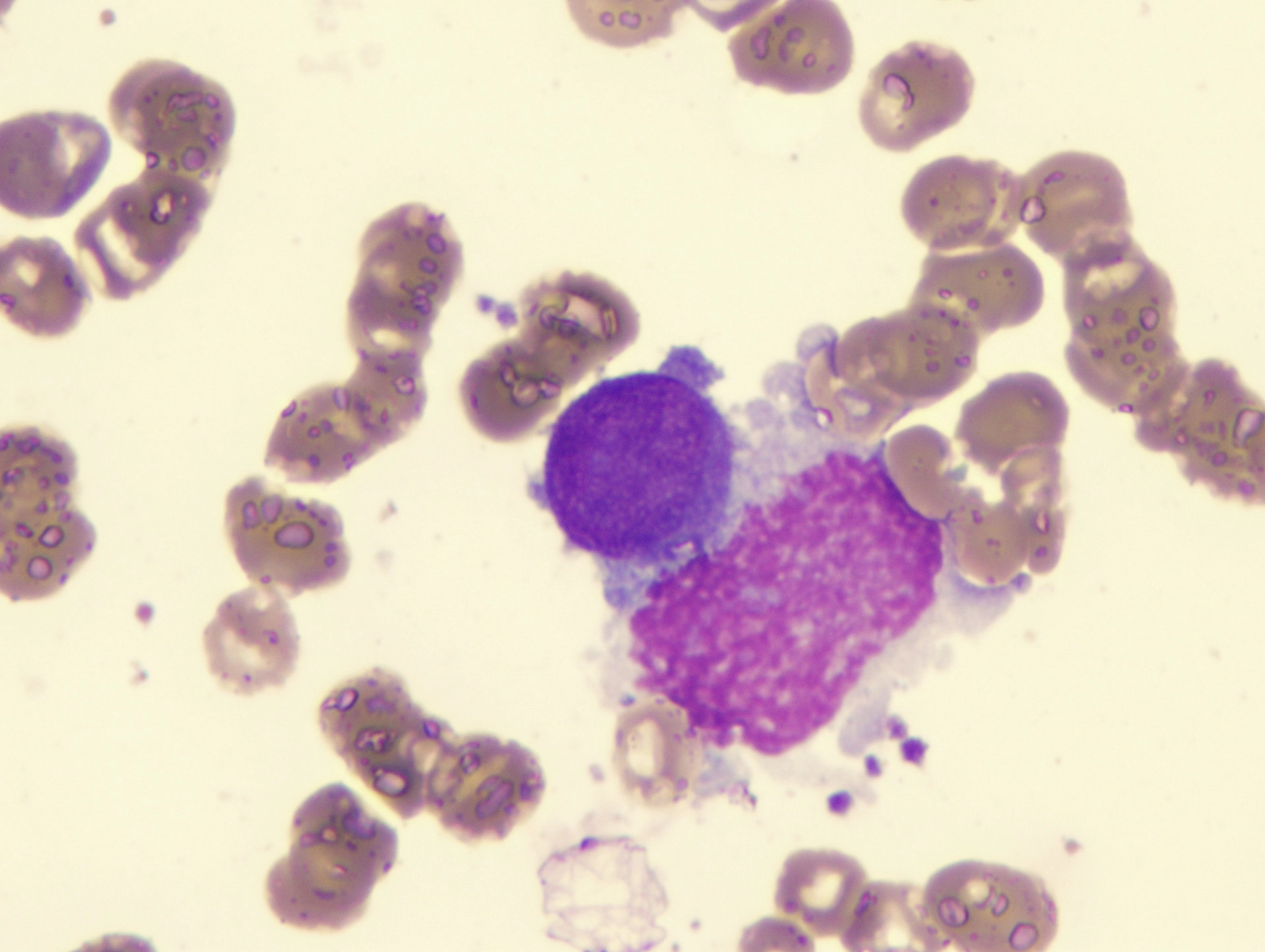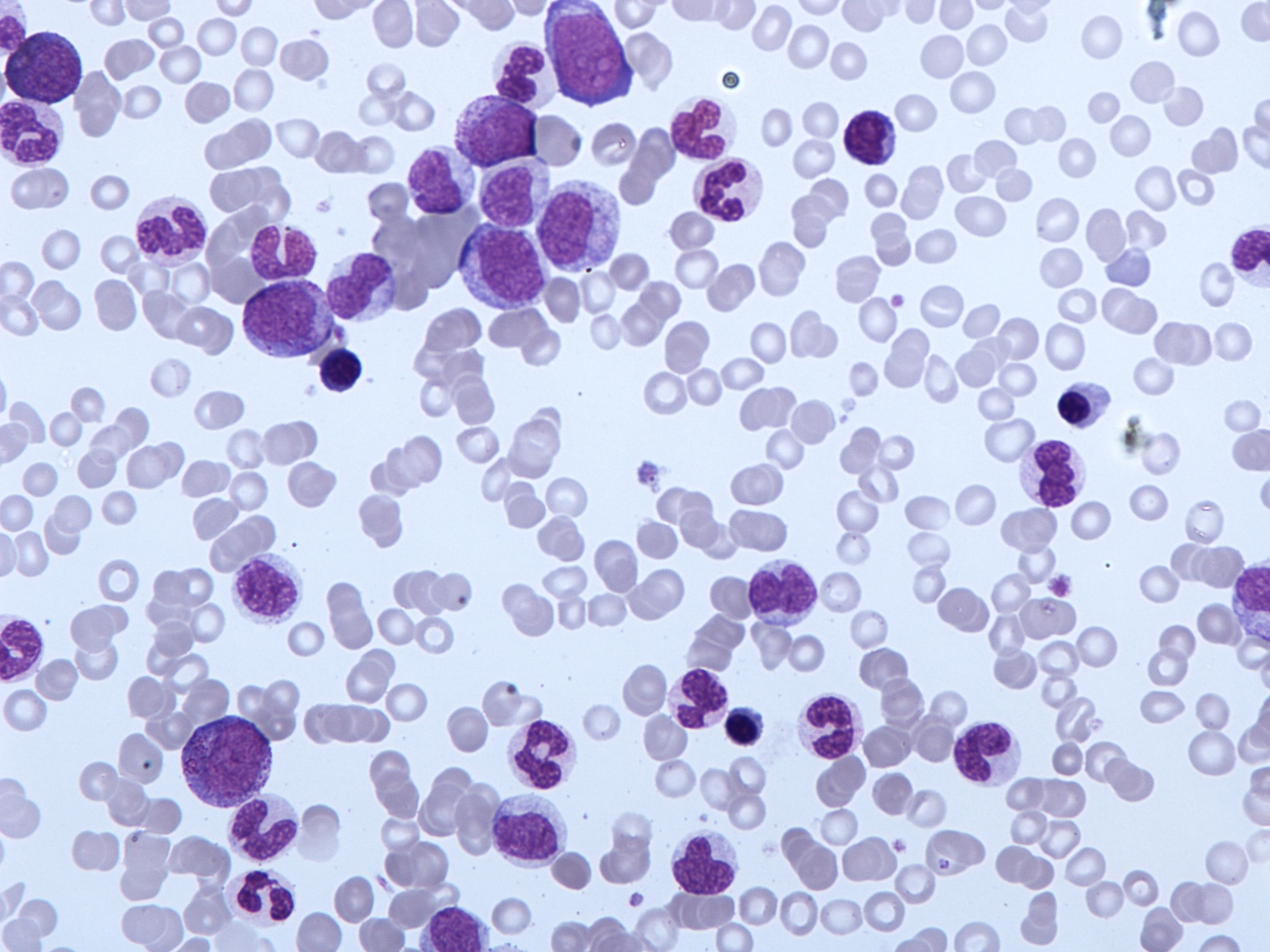A team of Adelaide and US researchers has discovered a link between a less common form of rheumatoid arthritis and gene mutations found in blood cancer.
The research focused on seronegative rheumatoid arthritis, a sub-type of the more common rheumatoid arthritis (RA), that differs in the inconsistency of its response to typical treatments, and the fact it presents a negative blood test result for the main biomarker present in RA. The cause is unknown, and there’s yet to be an effective treatment.
The study, recently published in the journal, Blood, by the American Society of Haematology, was a collaboration between SAHMRI, the University of Adelaide, Royal Adelaide Hospital, Flinders University and the Mayo Clinic in the United States, led by clinical haematologist, Associate Professor Devendra Hiwase, alongside Dr Dan Thomas, SAHMRI’s Blood Cancer Program lead.
A/Prof Hiwase says the team was surprised to discover that many patients with mutations in epigenetic genes that can lead to a lazy marrow (myelodysplasia) or acute myeloid leukaemia (AML), also had a form of seronegative arthritis.
“We found the presence of the bone marrow mutation in the gene IDH1 or IDH2 preceded the onset of the arthritis in several cases, suggesting it may be a causative factor,” A/Prof Hiwase said.
“We believe it’s likely other forms of bone marrow disorders and mutations can also cause inflammation that presents like an autoimmune disease.”
Researchers also observed that the time between the two diagnoses was shorter in patients with these mutations compared to those without them and the metabolites produced by the cancers correlated with the arthritis.
"Our findings are important for arthritis patients because it means metabolic therapies normally given to blood cancer patients may also be effective for patients with certain forms of arthritis,” A/Prof Hiwase said.
“These results are only the tip of the iceberg in the growing connection we are observing between autoimmune disease and blood cancers."
The study suggests these gene mutations might contribute to the development of autoimmune inflammatory rheumatic diseases, especially in cases where RA is seronegative. The association points to the possibility of using drugs to target these mutations as a potential treatment for seronegative RA in the future.
"This research is a great example of interdisciplinary registry science at SAHMRI, enabled by digital health records and fast turn-around mass spectrometry capabilities," Dr Thomas said.





